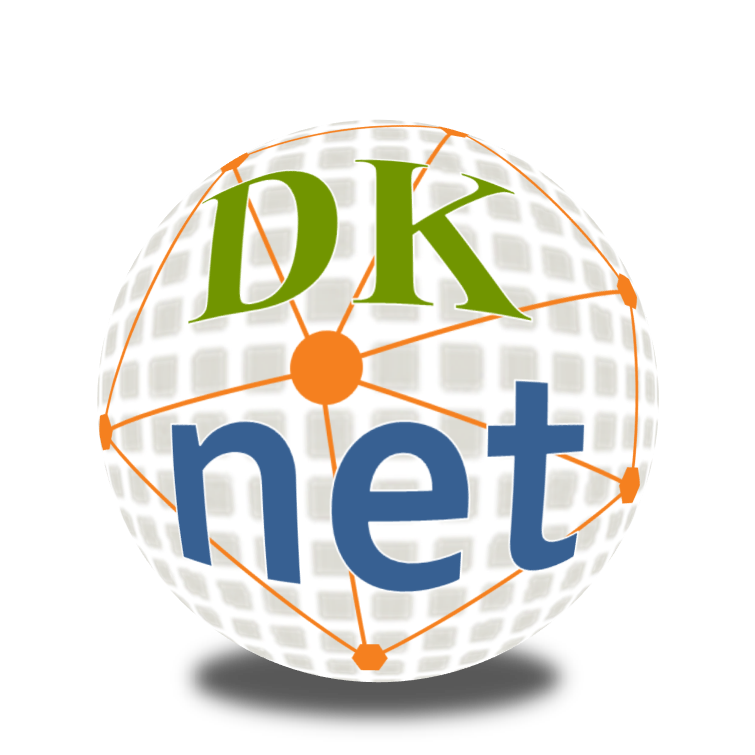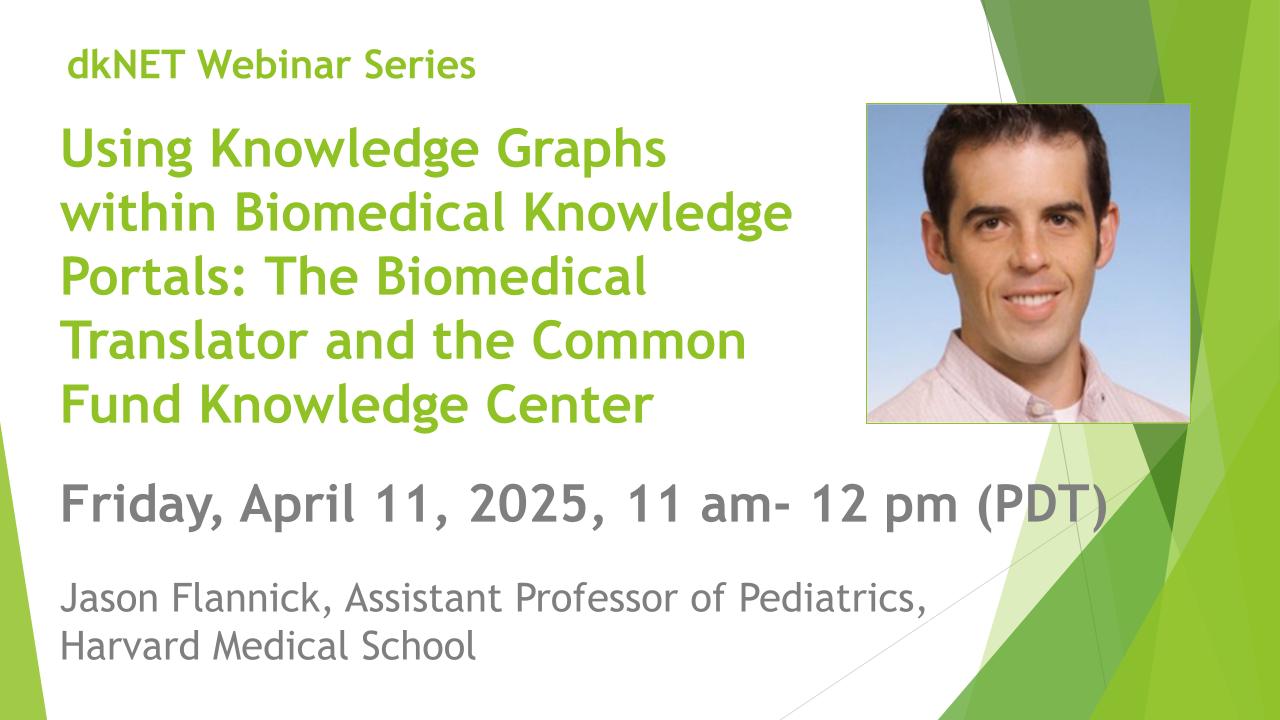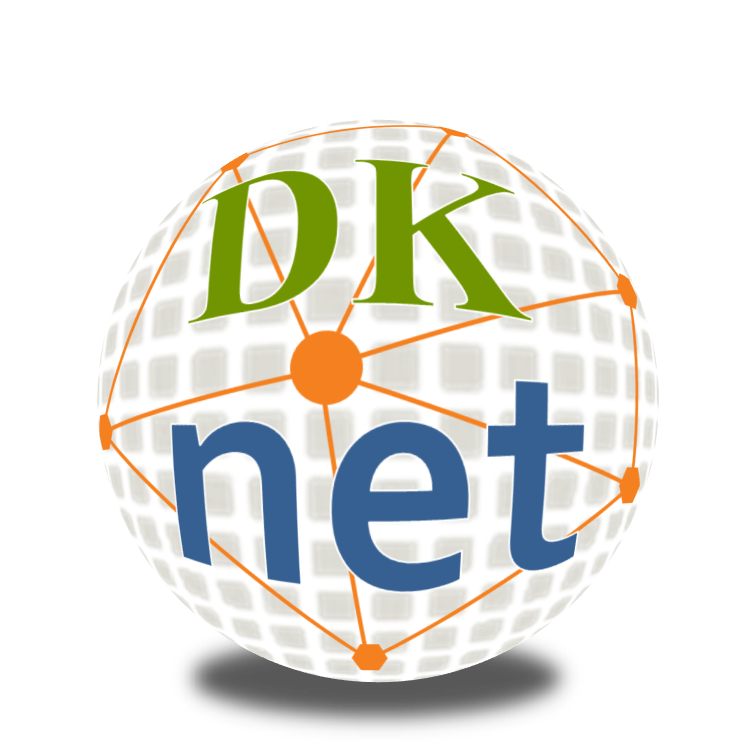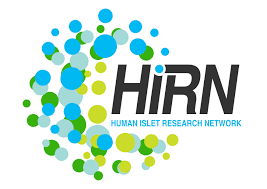Leaving Community
Are you sure you want to leave this community? Leaving the community will revoke any permissions you have been granted in this community.
dkNET community events and announcements in October, 2018
Dear dkNET Community,
dkNET provides updates on activities of interest to the NIDDK-supported community. You could keep up to date on these activities through our Twitter feed @dkNET_info, through our Community Calendar, or through dkNET e-mail list. If you have an event or funding opportunities you'd like to advertise, please contact us info_at_dknet.org.
dkNET Updates
- New resources added to dkNET
DINIES (RRID:SCR_016505) is a web server for predicting unknown drug-target interaction networks from various types of biological data in the framework of supervised network inference.
Kids First Data Resource Portal (RRID:SCR_016493) is
a s
oftware tools and computational resources for analysis and interpretation of pediatric genomic and clinical data to advance personalized medicine for the detection, therapy, and the management of childhood cancer and structural birth defects. For patients, researchers, and clinicians to create the centralized database of well curated clinical and genetic sequence data from patients with childhood cancer or structural birth defects.
Drug Gene Budger (RRID:SCR_016489) is a web-based application to assist researchers with identifying drugs and small molecules that are predicted to maximally influence the expression of the mammalian gene of interest. Used to identify drugs and small molecules to regulate expression of target genes for research purpose only
Events in October, 2018
Oct. 2-5, 2018
54th Annual Meeting of the European Association for the Study of Diabetes (EASD)
More information: https://www.easd.org/annual-meeting/easd-2018#section-welcome
Oct. 3-7, 2018
88th Annual Meeting of the American Thyroid Association
*dkNET Signaling Pathways Project (SPP) Co-PI Dr. Neil McKenna will present at "Meet Data Scientist" session on Oct. 5, 2018. Sign up form: https://www.thyroid.org/88th-annual-meeting-ata/data-scientist-session
Join over 1,300 THYROID clinicians, investigators and healthcare professionals from around the world to hear the latest clinical and basic science research on thyroid disease at the 88th Annual Meeting of the American Thyroid Association (ATA) on October 3-7, 2018. The ATA Program Committee led by Gregory Randolph and Mabel Ryder will offer a program consistent with the excellence for which the ATA is known. The ATA meeting is designed for the community of endocrinologists, basic scientists, internists, surgeons, nuclear medicine scientists, pathologists, trainees, nurses, physician assistants, advanced practice providers and other health care professionals who wish to broaden and update their knowledge of the thyroid gland and its disorders. A customized educational track will be available to trainees to enhance their meeting experience.
Location: Washington DC, USA
More information: ht
Oct. 7-11, 2018
Keystone symposia: Drivers of Type 2 Diabetes: From Genes to Environment (S1)
The prevalence of diabetes mellitus is increasing worldwide and is a major threat to global public health that requires urgent action. Over the last few decades, significant advances have been made in terms of identifying novel susceptibility genes and signaling pathways that play pivotal roles in the pathogenesis of diabetes and its related metabolic disorders. However, a major gap in understanding the current global epidemic of diabetes is the lack of knowledge regarding how molecular interactions between the environment and the susceptibility genes are regulated within an altered metabolic milieu. This meeting will address these unresolved gaps in the etiopathogenesis of diabetes and focus on the latest advances that are linked to the molecular drivers of diabetes mellitus. Topics include: systemic regulation of adipocytes in diabetes; microvesicles, noncoding RNA, and intercellular communications; physiological drivers in hunger and energy homeostasis; epigenetics and metabolic control in diabetes; novel signaling players related to insulin resistance; adaptation of beta cell to chronic metabolic stress; environmental triggers in diabetes and metabolic diseases; and molecular targets for nutrient sensing and signaling. The organizers anticipate that this meeting will bring about a major shift in addressing the causes of diabetes mellitus, as the topics emphasized in this meeting have not yet been explored widely. Through the novel discoveries of diabetes research presented at this meeting, we hope to provide evidence-based insight to favorably impact people with diabetes across the world.
More information: https://www.keystonesymposia.org/index.cfm?e=web.Meeting.Program&meetingid=1564
Oct. 8, 2018
Registration and Proposal Submission Deadline: NIDDK Workshop for Biomarkers for the Diabetic Foot Consortium (DFC)
Diabetic foot ulcers (DFU) are a common complication of diabetes and lead to about 100,000 lower extremity amputations per year in the United States. Treatment of a DFU is costly, protracted and for many individuals, ineffective. The development of new therapies for diabetic wound healing is fraught with challenges, one of which is the lack of biomarkers to predict healing. The goal of the Diabetic Foot Consortium (DFC) is to validate biomarkers for DFUs through a network of clinical and biomarker measurement sites. The purpose of this workshop is to solicit biomarker proposals that could be studied in the DFC. Workshop will be held on Oct. 29, 2018.
Location: Bethesda, MD, USA
More information: https://grants.nih.gov/grants/guide/notice-files/NOT-DK-18-017.html
Oct. 11, 2018
European Association of Urology 18th Central European Meeting (CEM18)
Hosted by the Romanian Association of Urology, the day-long meeting will be preceded by a four-hour session of Live Surgery. A compact Scientific Programme will deliver key updates in several urological issues such as andrology and onco-urology, while poster sessions will cover key topics in major areas ranging.
Location: Cluj-Napoca, Romania
More information: https://cem.uroweb.org/
Oct. 17-20, 2018
2018 Biomedical Engineering Society(BMES) Annual Meeting
Location: Atlanta, GA, USA
More information: https://www.bmes.org/annualmeeting
Oct. 18-19, 2018
Frontiers in Organoid Medicine Symposium
CuSTOM will host a "Frontiers in Organoid Medicine Symposium", October 18-19, 2018 at Cincinnati Children's Hospital focused on accelerating academic-indust
Location: Cincinnati, OH, USA
More information: https://www.cincinnatichildrens.org/research/divisions/c/custom/symposium
Oct. 19, 2018
2018 Mid-Atlantic Diabetes And Obesity Research Symposium
The 2018 Annual Mid-Atlantic Diabetes And Obesity Research Symposium is co-sponsored by the Diabetes, Endocrinology, and Obesity Branch (DEOB) at the National Institute of Diabetes and Digestive and Kidney Diseases (NIDDK), National Institutes of Health (NIH); the Mid-Atlantic Nutrition Obesity Research Center (NORC) at the Department of Medicine, University of Maryland School of Medicine (UM-SOM); and the Foundation for Advanced Education in the Sciences (FAES) at the NIH. The purposes of this meeting are to encourage collaborations and enhance interactions at the regional level through the sharing of both reagents and expertise.
Location: Bethesda, MD, USA
More information: https://www.niddk.nih.gov/news/meetings-workshops/2018/midatlantic-diabetes-and-obesity-research-symposium-2018
Oct. 23-28, 2018
Kidney Week 2018
Join ASN and more than 13,000 other kidney professionals from across the globe at Kidney Week 2018 in San Diego, CA. The world's premier nephrology meeting, Kidney Week provides participants exciting and challenging opportunities to exchange knowledge, learn the latest scientific and medical advances, and listen to engaging and provocative discussions with leading experts in the field.
More information: https://www.asn-online.org/education/kidneyweek/
Funding opportunities information and deadlines in October, 2018
Oct. 3, 2018
Funding Opportunity Application Due Date: The Chan Zuckerberg Initiative Imaging Scientist
The Chan Zuckerberg Initiative (CZI) seeks to support up to 10 Imaging Scientists who will work at the interface of biology, microscopy hardware, and imaging software at imaging centers across the United States. “Imaging Scientists” might be engineers, physicists, mathematicians, computer scientists, or biologists who have focused on technology development in either microscopy or data analysis fields. The primary goal of the program is to increase interactions between biologists and technology experts. The Imaging Scientists will have expertise in microscopy hardware and/or imaging software. A successful “Imaging Program” will employ an Imaging Scientist who: a) works collaboratively with experimental biologists on projects at the imaging center; b) participates in courses that disseminate advanced microscopy methods and analysis; c) trains students and postdocs in imaging technology; d) participates in a network of CZI Imaging Scientists to identify needs and drive advances in the imaging field; e) attends twice-yearly CZI scientific workshops and meetings in imaging and adjacent biomedical areas. Each grant will fund salary and fringe benefits for an Imaging Scientist at the center, a modest travel and teaching budget, plus 15% indirect costs. The award period is three years plus an additional two years if the Imaging Program passes a review at year three.
More information: https://www.chanzuckerberg.com/science/rfa/imaging-scientists
Oct. 5, 2018
NIDDK Funding Opportunity Application Due Date: Ancillary Studies to the NIDDK Intestinal Stem Cell Consortium (R01)
This Funding Opportunity Announcement (FOA) encourages applications to conduct ancillary studies to the NIDDK Intestinal Stem Cell Consortium (ISCC). Studies will make use of consortium collaborations, techniques or resources to accelerate research into intestinal stem cells. The proposed ancillary study must be designed to advance the scientific research mission of the NIDDK by focusing on diseases and areas of interest to the Institute and should be commensurate with the interests and intent of the ISCC.
More information: https://grants.nih.gov/grants/guide/pa-files/PA-16-062.html
Oct. 8, 2018
Funding Opportunity Letter of Intent Due Date: Human Islet Research Enhancement Center for the Human Islet Research Network (U24 Clinical Trial Not Allowed)
This Funding Opportunity Announcement will provide support for a Human Islet Research Enhancement Center that will supply the infrastructure needed to support research coordination, collaboration and dissemination of advances made by the NIDDK funded Human Islet Research Network (HIRN).
Oct. 8, 2018
JDRF Funding Opportunity Letter of Intend Due Date: Therapeutic Development and Early Clinical Testing of T Cell Targeted Immunotherapies for the Treatment of Type 1 Diabetes
Examples of pertinent topics include, but are not limited to: (1) IND-enabling studies of clinical candidates, including GLP/tox, studies if justified. (2) Pre-clinical mechanistic and/or efficacy studies of candidate therapeutics in appropriate animal models (effectiveness in two orthogonal models is desirable). (3) Optimization of lead candidate molecules. (4)Pilot clinical studies to demonstrate proof-of-mechan
More information: https://dknet.org/about/dknetnews/1142
Oct. 12, 2018
NIDDK Funding Opportunity Letter of Intent Due Date: Early-Stage Preclinical Validation of Therapeutic Leads for Diseases of Interest to the NIDDK (R01)
The overarching goal of this Funding Opportunity Announcement (FOA) is to translate basic science research into knowledge and tools that can be utilized to provide strong justification for later-phase therapeutics discovery and development efforts in health-related outcomes relevant to the National Institute of Diabetes and Digestive and Kidney Diseases. This includes outcomes relevant to obesity, diabetes and related aspects of endocrinology and metabolism, digestive diseases, liver diseases, nutrition, kidney and urological diseases, hematology, and specific aspects of cystic fibrosis. Additional information concerning programmatic areas at NIDDK is available at: www.niddk.nih.g
More information: https://grants.nih.gov/grants/guide/pa-files/PAR-16-121.html





